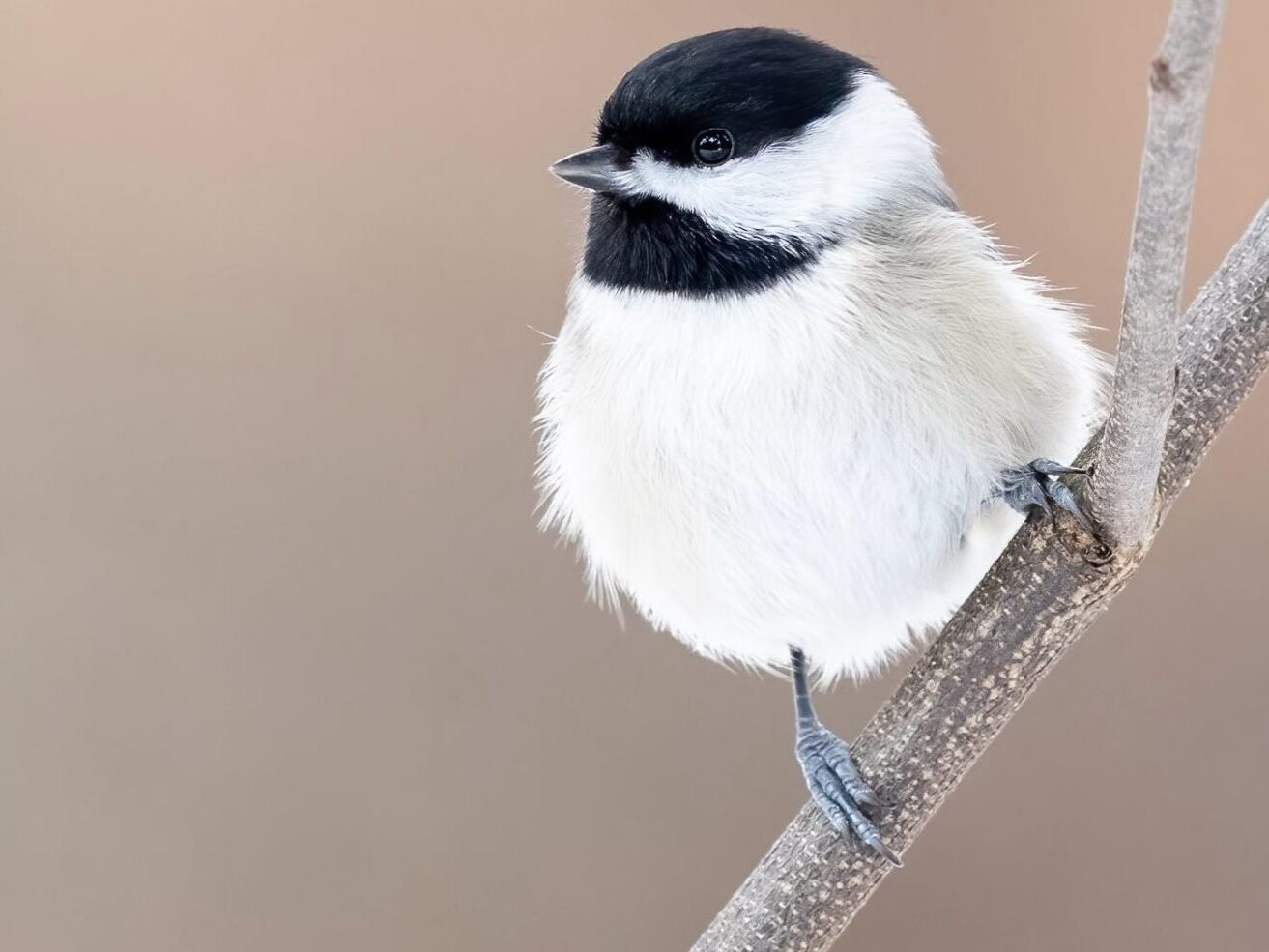Live Events with Habitat Experts
Curious about how to transform your lawn into a vibrant garden filled with native plants? Or want to know why leaving the leaves in the fall benefits the birds? Attend our virtual live events, FREE and informative.

Leaving our Fall Garden Resources with Doug Tallamy
September 9th at 7 p.m. ET / 4 p.m. PT
What We’ll Discuss:
This live event will build on the Leaf It Pledge which is designed to advocate for leaving the leaves to benefit birds and local wildlife. Doug will discuss how fallen leaves and garden resources provide vital habitat, food, and spring nesting materials — all benefits to birds and biodiversity. His wealth of knowledge will inspire you to look at fallen leaves with a new found respect.

About the Speaker:
Doug Tallamy is the T. A. Baker Professor of Agriculture in the Department of Entomology and Wildlife Ecology at the University of Delaware, where he has authored 114 research publications and has taught insect related courses for 45 years. Chief among his research goals is to better understand the many ways insects interact with plants and how such interactions determine the diversity of animal communities. His books include Bringing Nature Home, The Living Landscape, co-authored with Rick Darke, Nature’s Best Hope, a New York Times Best Seller, The Nature of Oaks, winner of the American Horticultural Society’s 2022 book award. In 2021, he cofounded Homegrown National Park (HomegrownNationalPark.org) with Michelle Alfandari. His awards include recognition from The Garden Writer’s Association, Audubon, The National Wildlife Federation, Allegheny College, Ecoforesters, The Garden Club of America, The Herb Society, and The American Horticultural Association.
Stay connected to the Great Backyard Bird Count.
By subscribing to stay connected to the Great Backyard Bird Count, you agree to receive communications from The Cornell Lab, Audubon, and Birds Canada. You may unsubscribe from any of the organizations' communications at any time.
